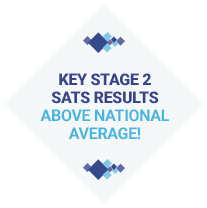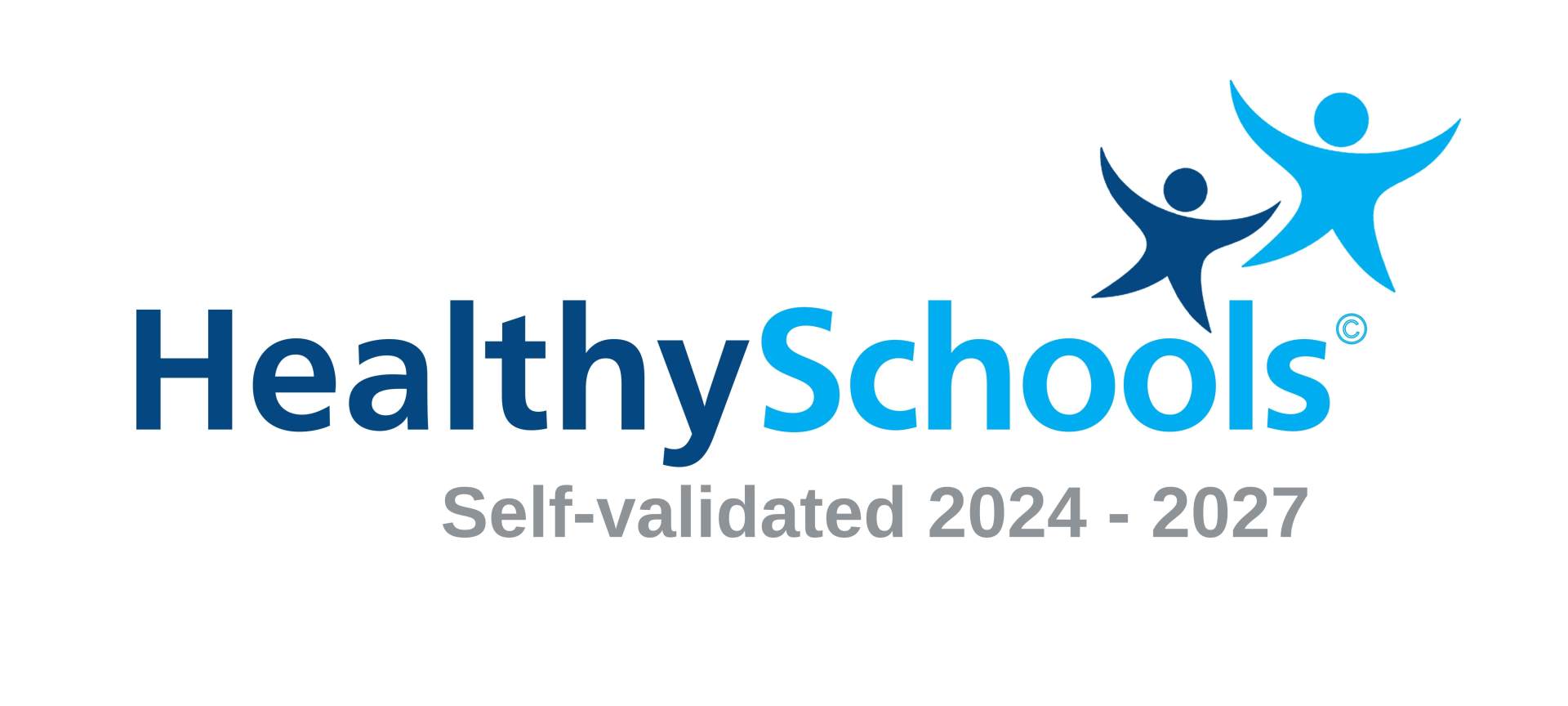Keeping your children safe online
Do you see what your children see online?
Since government restrictions have been put in place, Thames Valley Police has seen a large increase in the number of reports of online sexual abuse involving children and are urging parents to take this opportunity to have honest conversations about online safety with their children and to review privacy settings on the apps and social networks that they are using.
Online sexual abuse is any type of sexual abuse that happens on the web, whether through social networks, online gaming or using mobile phones. In some cases this involves children being groomed or exploited by an adult.
Any child or young person that uses the internet or has a smartphone could be a victim of online sexual abuse and they can be at risk from people they know, as well as from strangers. Those they are speaking to online may not be who they say they are.
The signs of online sexual abuse can be hard to spot and in these unprecedented times it is possible that these changes in behaviour may be mistakenly attributed to the change of circumstance or routine in which we all find ourselves.
These signs include; hiding computer screens or taking phone calls away from others, being secretive about what they’re doing and who they’re talking to, sudden personality changes or mood swings, engaging less with family and their usual friends and referring to a ‘new friend’ but offering limited information about them.
To support parents and educators the National Crime Agency’s Child Exploitation and Online Protection command produce packs to help discuss staying safe online with your children.
These resources contain two 15-minute activities for four different age groups to ensure that they are age-appropriate. You can find the packs for 4-7-year-olds, 8-10-year-olds, 11-13-year-olds and over 14s at www.thinkuknow.co.uk
Now is a good time to review the privacy settings of the apps that they are using with them and explaining the importance of putting these in place. Social media and games with chat functionality can be used safely, providing the right precautions are taken. Advice and guidance for over 60 of the most popular apps and games have been created by the NSPCC and O2 and can be found at www.net-aware.org.uk
Useful Links and Information
-
Background Information –online sexual abuse is any type of sexual abuse that happens on the web, whether through social networks, online gaming or using mobile phones. In some cases this involves children being groomed or exploited by an adult. Any child or young person that uses the internet or has a smartphone could be a victim of online abuse regardless of their age, gender or background.
-
Reports of online child sexual abuse have risen significantly in the past 4 years. We want to warn young people that those they are speaking to may not be who they say they are and to help parents and carers take action in protecting their children from falling victim to online sexual abuse.
-
Thames Valley Police campaign landing page https://www.thamesvalley.police.uk/police-forces/thames-valley-police/areas/c/2017/hidden-harm/online-child-abuse/
-
Ellie’s story - An account of a victim on online child abuse that was first used in our Hidden Harm campaign in 2018. https://www.youtube.com/watch?v=5rVx9-VnLX0
-
Thinkuknow - The education programme from CEOP, part of the NCA with advice and games focusing on staying safe online. https://www.thinkuknow.co.uk/
-
Net Aware – a collaboration between the NSPCC and O2 with advice and information on a variety of social networks, apps and games www.net-aware.org.uk
-
NSPCC – adult helpline: 0808 800 5000, Childline: 0800 1111. They have received funding from the government to support their helpline during the COVID-19 pandemic www.nspcc.org.uk
Guidance for parents and carers on online sexual harassment and keeping children safe online
Children’s Commissioner, Dame Rachel de Souza (DBE), launched guidance for parents and carers to support them in protecting children from online sexual harassment and online safety. The guidance, The things I wished my parents had known draws together advice from 16 to 21 year olds on how parents of younger children could manage tricky conversations around sexual harassment and access to inappropriate content, including pornography.
During the research undertaken by the Commissioner’s office, an overriding message from young people was that parents should start these challenging conversations early. They suggest broaching topics before a child is given a phone or a social media account, which can be around the age of 9 or 10 years old, recommending parents to talk early, talk often; ‘Children have told us they want their mums and dads to create a safe, judgment‑free space for them to talk about these issues. It’s better to do that before you hit a problem rather than trying to create that mood while you’re dealing with one.’. They go on to suggest we may be surprised how early our young people felt parents need to start the conversation, but that children want an age‑appropriate conversation that evolves over time in line with their growing maturity.
Please take some time to read through the guidance which offers really useful and easy to access advice.
If you are concerned about and online sexual harassment that your child may have been exposed to or involved in, please do not hesitate to request a conversation with a member of our safeguarding team by emailing office@buckinghamprimary.com or call on 01280 812864





